Our favourite places to stay on this sleepy Cebu island.
WWOOF-ing for Filipinos: A Guide for First-Timers
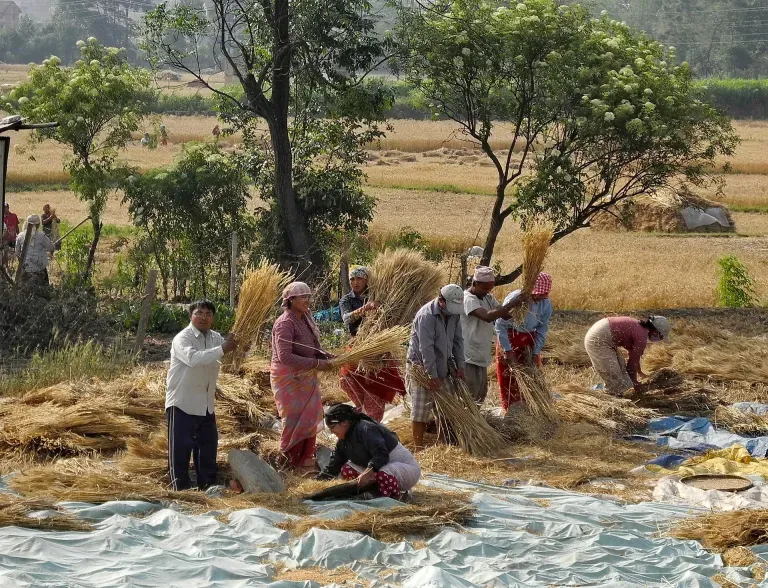
People who find ways to make travel happen get to discover new places, meet new people, and immerse themselves in new cultures. Without a doubt, travelling is a learning experience that can change your life. But did you know that aside from your short visits to famous tourist spots, there’s another way to make your trip more memorable and even less expensive? You can do it through WWOOF-ing. At the moment, WWOOF-ing for Filipinos is not yet a popular concept. But we’ve created a guide for first-timers who would like to be a volunteer in host farms to level up their travelling experience.
Also read: WWOOF Your Way Around The World: What Is WWOOF and How It Works
What is WWOOF
WWOOF stands for Worldwide Opportunities on Organic Farms. It’s a volunteer-based program that attracts travellers who want to try organic farming. It doesn’t only promote agricultural experiences but helps in cultural understanding as well. WWOOF is a movement that links interested volunteers to farmers to build a sustainable global community based on trust and non-monetary exchanges.
Joining WWOOF
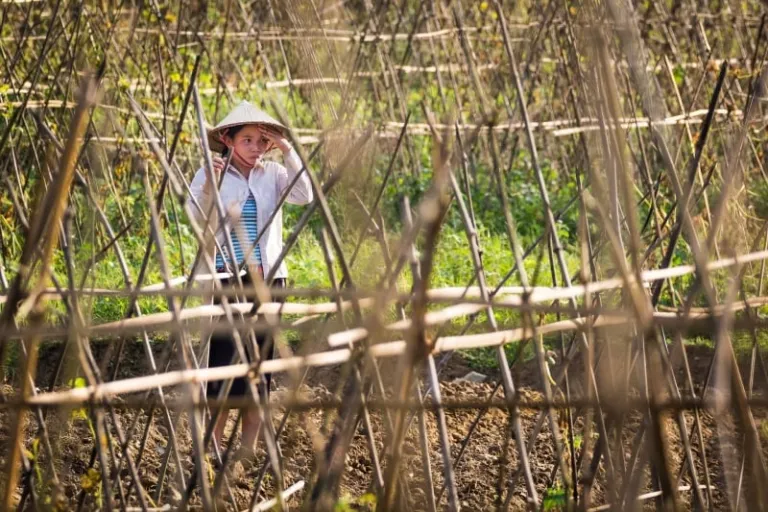
The official website of WWOOF provides an overview of the program and directs you to the sites of the WWOOF organisation in your chosen country. Unlike the Philippines, there are no WWOOF organisations yet in countries like Indonesia, Madagascar, and Iceland. But that’s not a problem because you may join WWOOF Independents instead to find hosts.
WWOOF-ers have to pay a membership fee for each WWOOF organisation they have chosen to join. For example, in the Philippines, US$25 or an equivalent of ₱1,000 is the registration fee. The amount varies per country. In Australia, WWOOF-ers may register for AU$70 or ₱2,800 for single and AU$120 or ₱4,800 for double. In Portugal, members have to pay €15 or ₱920 for a 12-month membership.
Once you’ve logged on to your profile, you’ll have access to the listings of farms in need of help. You may then contact your possible hosts for any questions that you may have. Note that WWOOF won’t place you or assign you a farm host. YOU place yourself. So, it’s important to make sure that the expectations on both sides are clear before your travel date. WWOOF is not a work agency. Aside from not getting paid, travellers shouldn’t also expect the hosts to hire them after WWOOF-ing nor ask for referrals or recommendations for a job.
Also read: How to Travel Long Term Without Sacrificing Your Job
Age requirement

Although some counties allow younger ones, 18 years old is the minimum age requirement for most WWOOF-ers. If you are a minor, your guardian must accompany you, and they will also need to join WWOOF. Some farms allow WWOOF-ers with kids and even pets. But make sure that the host knows about it. It shouldn’t affect your work as well especially if you have children that will need your close supervision at any time of the day. On another note, there is no maximum age to go WWOOF-ing for Filipinos or any nationality.
What to expect
WWOOF-ing is an exchange program. Travellers provide their service in exchange for meals and accommodation. It’s easy to think that it’s an inexpensive way to travel but always remember that your host’s farm isn’t a backpackers hostel. There will be work required and house rules that WWOOF-ers must follow. It is essential to make sure that you know your working hours, how many meals you’ll have to prepare, and where you will be sleeping before you arrive at the destination to ensure a hassle-free WWOOF-ing experience.
WWOOF-ing may last from a few days to a few months or even an entire season. It depends on the listing and your arrangement with your host. But WWOOF-ers must work for four to six hours daily in exchange for the meals and accommodation the host provides. If you’re staying for a while, there are days off that you can use to explore and travel through the town like a usual tourist.
Also read: The Global Filipino: 10 Destinations to Work and Travel the World
Different farms offer different working experiences. If you don’t want an animal, make sure that you contact your host to confirm if there is no possible interaction. You may align your interests with the farm that you’ll be visiting to make your WWOOF-ing experience more thrilling. Also, the job that you’ll be doing depends on the season of your visit. So, if you know someone who did WWOOF-ing during harvest season in a particular destination, you shouldn’t expect to do the same job if you’re coming during the planting season.
If in case that all of a sudden, you can’t show up, please advise your host. Some hosts travel very far to pick up WWOOF-ers and not showing up will worry them. Arranging WWOOF with your host isn’t like a hotel booking that you may disregard without notice. Please think of your hosts, too, and maintain communication with them. Don’t just turn up at their door unannounced, either. Advise your actions so they’ll be able to prepare for your arrival.
WWOOF experience
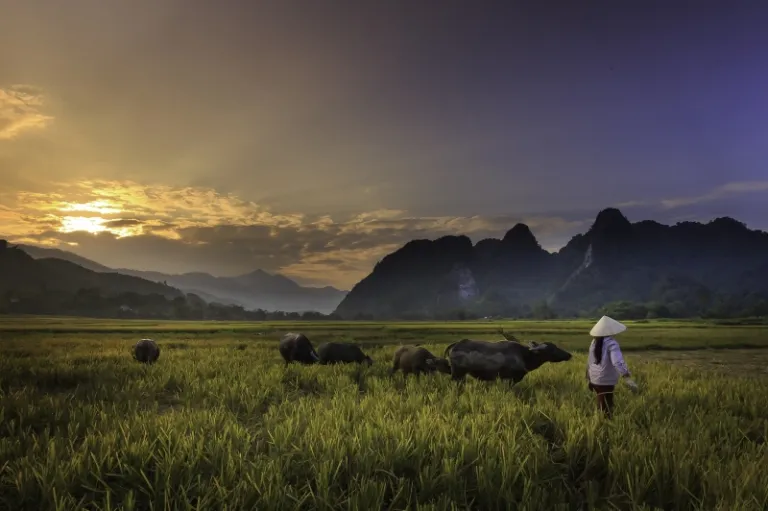
WWOOF-ers don’t need experience before WWOOF-ing. The farm owners are aware that some volunteers are entirely clueless when it comes to farming and that’s perfectly fine. However, WWOOF-ers need to be very willing to learn and cooperate. You must prepare yourself for the activities that you’ll be doing while in the farm. WWOOF-ing is a great learning experience as long as you’re determined and motivated to help and make a difference during your stay. WWOOF-ing is a win-win situation both for WWOOF-ers and hosts. The hosts need help, so they get it from the volunteers. Volunteers want to have a fantastic experience and to travel, so they help the hosts manage their farms.
WWOOF-ers are not allowed to be involved with chemicals. Also, hospitality work, child-care, and waiting tables aren’t part of the program. But of course, meal preparation and cleaning may be included because they will let you into their own homes or guesthouses. Make sure that you’ve clarified with your host if you have a few reservations on the job that you will do during your stay. Workers must be happy to do their jobs and treat everyone with respect all the time.
Also read: Volunteer in the Philippines: 10 Reasons To Join Gawad Kalinga Bayani Challenge
What to bring
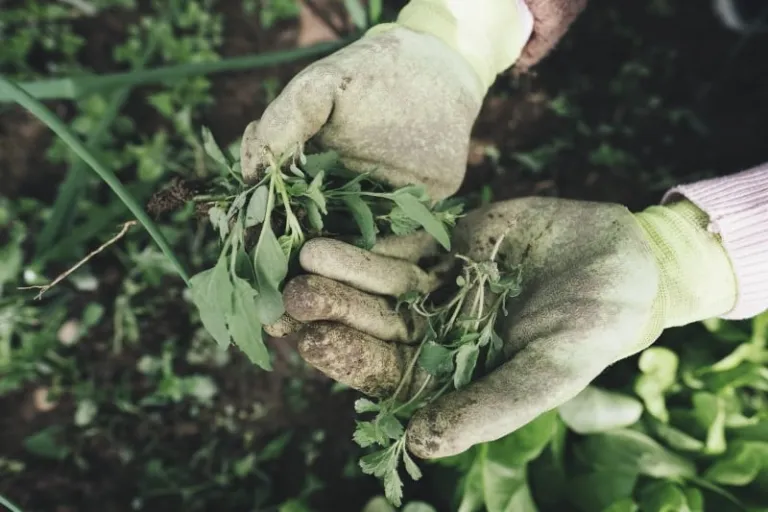
Aside from your travel essentials, don’t forget to bring work gloves, hats, and shoes that may get dirty. Farm work can be muddy so prepare yourself for that, too.
WWOOF fees
In the Philippines, WWOOF-ers only have to pay a membership fee of US$25 or an equivalent of ₱1,000. There are separate membership fees for each country, but that’s about it. There’s no additional charge collected by the host. But they won’t pay for your transportation either. All travel costs are your responsibility when you join the program.
WWOOF-ers are encouraged to have insurance especially if the country you’re WWOOF-ing in does not have any insurance partner. Other WWOOF organisations include insurance fee on their membership fee while others don’t.
Also read: Travel Opportunities Filipinos Can Look Forward To This 2018
Visa
Even if you’re already a member of your chosen country’s WWOOF group, it doesn’t mean that you only need to find a host and you can show up at their doorsteps already. If you’re a foreigner in the country, you must still apply for a visa and ensure that the visa that you’ll have will allow you to do WWOOF-ing. For example, in Australia, Working Holiday Visa is fine, but your ordinary Tourist Visa might not be enough for all the listings available. Tourist subclass 600 visa is alright for WWOOF-ing if it’s only a part of your tourism plan and not your primary reason for your visit.
Also, note that your host or the WWOOF organisation of your chosen country won’t participate in your VISA preparation and application. They can’t give your invitation letters. WWOOF is not a sponsored trip, so you have to arrange everything that you need on your own.
Also read: Travel to Help Humanity: 8 Volunteer Ideas in the Philippines
Security
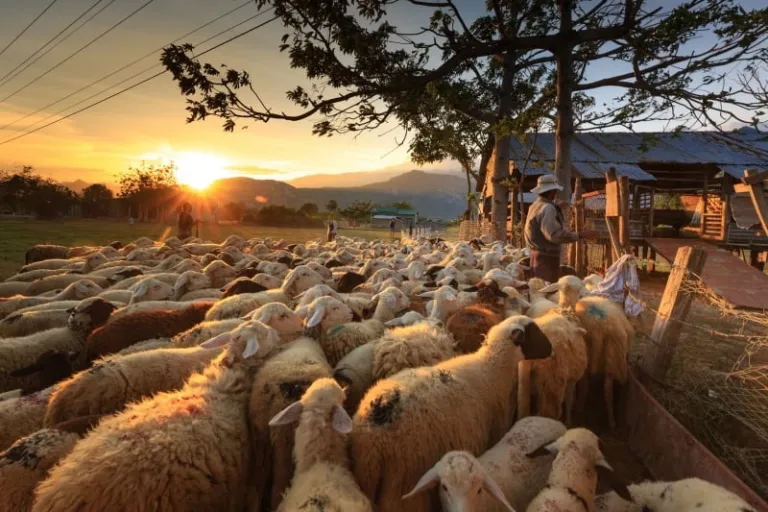
Ensure that you are joining and communicating with a legitimate WWOOF group and farm host. Unfortunately, many websites publish host details from the old list even if they are no longer a part of the WWOOF program because of unfortunate reasons like bad behaviour. As per your host, don’t be offended when they check your WWOOF membership when you come in as well as your passport or other photo IDs. Because in case you’ve registered your membership or contacted your host through fraudulent websites, the farm won’t be able to accept you.
Best time to WWOOF
The best time to WWOOF depends on your interest. If you’d like to experience harvest season, travel during the harvest period. It’s important to note that you must also contact your host around one or two months before WWOOF-ing. Reaching out to your host too far ahead of your travel date is not advisable because there might be some changes in the schedule of the farming season. WWOOF-ing may be as short as a weekend stay or as long as a two-month stay or even an entire season- this all depends on your calendar and the help needed by the host’s farm.
Also read: Volunteering in the Philippines: 5 Nonprofit Organization to Get Involved In
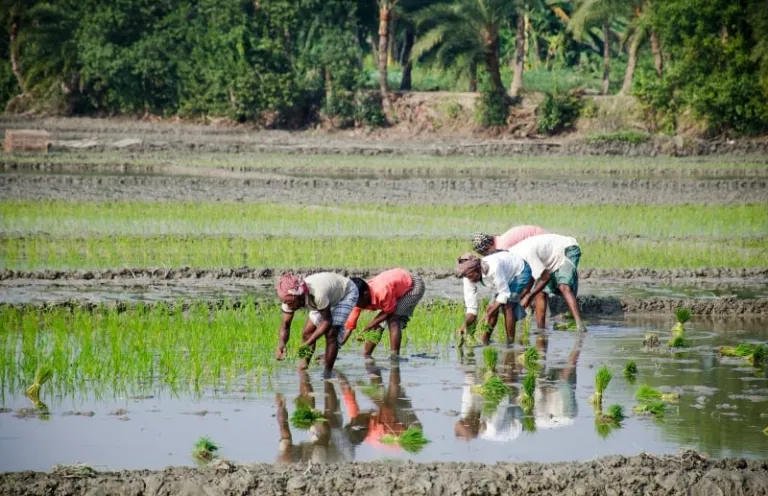
WWOOF-ing for Filipinos may be a new idea for most people. But it’s an excellent activity for travellers who’d like to try farming. The organisation would like to link like-minded individuals who are passionate about agriculture and sustaining a healthy planet. It’s not just about learning but making an impact as well. It allows you to connect with the people and with nature. It’s a must-do at least once in your many travels. And for us, starting WWOOF-ing in the Philippines before trying it out in other countries would be very exciting.
Published at
About Author
Stella Marie Encina
Subscribe our Newsletter
Get our weekly tips and travel news!
Recommended Articles
10 Bantayan Island Resorts, Hotels, and Rentals for Your Tropical Escape 10 Best Mountain Cafes in the Philippines for Your Peak Coffee Experience Coffee date on the mountains, anyone?
10 Commandments for Responsible Travel Flexing Spread the good word!
10 Fairytale Castles In Europe Filipinos Need To See! Permission to feel like royalty even for a day?!
10 Family Outing Ideas in Metro Manila Under ₱500 Looking for a weekend bonding with the family under ₱500? Head to these places, pronto!
Latest Articles
Ultimate Camarines Norte Travel Guide: Waterfalls, Beaches, and More From surfing to secret waterfalls, Camarines Norte is your next escape!
Legoland Shanghai Opening in 2025: What to Expect New theme park alert in China
Pahiyas Festival 2025: A Vibrant Celebration in Lucban Quezon Pahiyas is back and brighter than ever!
Top 10 Family-Friendly Things to Do in Europe Unmissable experiences for all ages
Scoot’s Direct Flights from Singapore to Iloilo Are Finally Here — Here’s What You Need to Know Fly direct from Singapore to Iloilo with Scoot!

